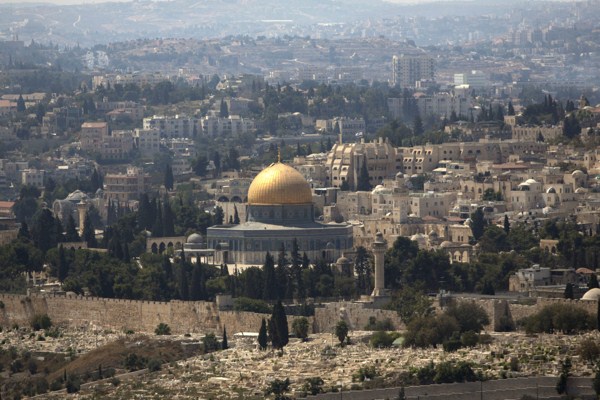Last month, with tensions flaring in Jerusalem over access to the Temple Mount, or Haram al-Sharif, Jordan recalled its ambassador from Tel Aviv—the first time it had done so since it signed a peace treaty with Israel 20 years ago. As part of that treaty, the Jordanian monarchy is the custodian of the holy site. The ambassador was withdrawn to protest what Jordan called Israeli “violations” there, including closing the sacred compound housing the al-Aqsa mosque for a day and raiding the mosque to quell protesters.
Continuing violence in Jerusalem, from hit-and-run attacks to stabbings and the killing of four Israelis at a synagogue on Nov. 18, has tested Israel-Jordan ties. That could be costly, threatening a gas deal announced in September, in which Jordan would import $15 billion of natural gas from Israel over 15 years, making Israel Jordan’s largest gas supplier.
As Mohammad al-Momani, Jordan’s Minister of Information, told the Financial Times, “The peace treaty between us and the Israelis organizes all sorts of bilateral relations. If the escalation continues, all sorts of coordination and cooperation regrettably might be affected.”

